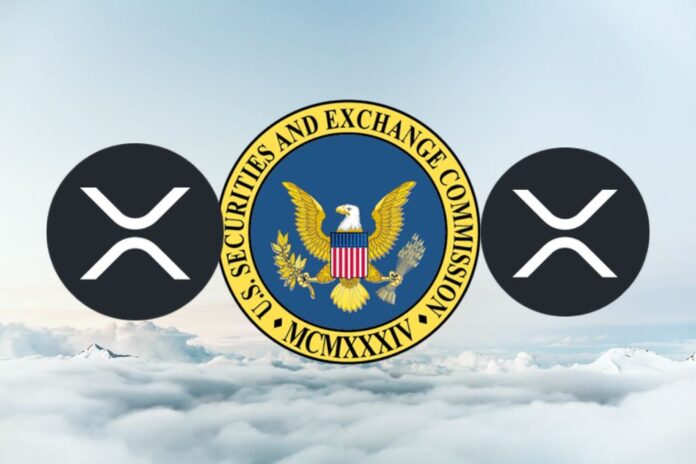Serious allegations surrounding the United States Securities and Exchange Commission (SEC) and Ethereum have cast doubt on the agency’s intentions to take Ripple and its executives to trial. Industry experts speculate that the SEC might avoid trial altogether to prevent the exposure of its questionable past dealings.
Steven Nerayoff, a prominent figure within the crypto community and an early Ethereum adviser, recently made accusations that have sent shockwaves through the industry. Nerayoff’s claims have sparked widespread speculation about the potential impact of further revelations, shedding new light on a divisive issue.
Former SEC Chair was Joe Grundfest who has integrity which seems out of fashion. As to the number, I now realize one can’t tell the true # of ETH ICO buyers as it was explained by some how whales could disguise their large positions during the ICO. Violation of Terms of Service… https://t.co/TjSIsszGmG
— Steven Nerayoff (@StevenNerayoff) September 17, 2023
Yassin Mobarak, founder of Dizer Capital, among other industry figures, believes that the SEC, in an attempt to shield its hidden secrets, may choose to forgo taking Ripple, Brad Garlinghouse, and Chris Larsen to trial. Mobarak’s assertion underlines the growing belief that the agency is wary of the potential consequences that further scrutiny might bring.
File this under "The SEC will never take @Ripple, @bgarlinghouse , @chrislarsensf to trial".
Ripple executives could simply call @StevenNerayoff to the stand and expose the skeletons in the SEC closet. How could these executives be expected to know, back in 2013-2018, that XRP… https://t.co/r7iQNZDzns
— Yassin Mobarak 🪝 (@Dizer_YM) September 17, 2023
SEC’s Checkered Past
At the center of these allegations lies the SEC’s historical involvement with Ethereum, particularly during the initial coin offering (ICO) phase. Nerayoff has hinted at possible corruption within the SEC, along with challenges in accurately identifying Ethereum ICO buyers and even personal persecution, bringing the credibility of the agency into question.
Of particular concern is the integrity of the current SEC leadership, drawing comparisons to former SEC Chair Joe Grundfest. These comparisons raise doubts about whether the agency still adheres to the high standards it previously advocated.
ICO Transparency and Violations
Neyaroff also raised compelling points regarding the difficulty in determining the number of investors who participated in the Ethereum ICO. This revelation fuels speculation that certain large-scale investors, usually called “whales,” may be concealing their actual positions. Such opaqueness raises concerns about the transparency of the ICO process and its potential implications for Ethereum.
Moreover, allegations have emerged suggesting that Ethereum may have violated the Terms of Service (TOS) during the ICO phase. If proven true, the ramifications of these violations could have significant consequences for the project’s credibility and legal standing.
Nerayoff’s allegations go a step further, suggesting that Ethereum might have been aware of specific entities amassing substantial amounts of ETH, hinting at a concentration of ETH holdings among a limited few. Such a scenario directly challenges the core principles of decentralization that underpin cryptocurrencies.
While shedding light on these allegations, Nerayoff has also claimed to be a personal target of the SEC, in collaboration with the Department of Justice (DOJ) and the Federal Bureau of Investigation (FBI). Intriguingly, the charges against him were ultimately dropped based on government documents.
Implications for Ripple Lawsuit
Nerayoff’s recent accusations against the SEC and Ethereum, albeit vague, have initiated a heated debate within the community. When pressed for clarification, Nerayoff’s lawyer emphasized that the necessary facts would emerge later.
Given the potential revelation of further secrets surrounding the SEC’s relationship with Ethereum, many industry players believe that the agency may avoid pushing for a trial in the ongoing lawsuit against Ripple.
It’s important to recall that the recent ruling in the SEC vs. Ripple lawsuit deemed most of Ripple’s XRP sales as non-securities offerings, except those to institutional clients. While this ruling provided partial victories for both Ripple and the SEC, the latter has expressed its intention to appeal the part of the ruling it lost, indicating a determined effort to prolong its legal action against Ripple.
Follow us on Twitter, Facebook, Telegram, and Google News


